Green Kids Club
It's a new month and a new year - 2020! Welcome to the Green Kids Club Newsletter where you can keep up with the Green Kids Club happenings each month, learn some new things, and challenge yourself as a true Green Kid ambassador for the planet.
What's New at the Green Kids Club
We'll have a new book coming out soon. It's called The Belize Trash Monster, and it focuses on the beautiful beaches and wildlife in Belize. The story shows some of the effects of tourism and pollution on oceans and helps a seaside community to become a better steward of their beautiful backyard. Look for it later this month!
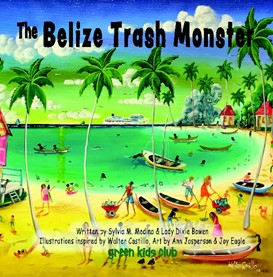
This month we visited a 2nd grade classroom outside of Houston, Texas to read some of our stories. The kids enjoyed Learning About Elephants and laughed at Chewoo's antics. We also donated several books to their school library - we love sharing the Green Kids Club message!
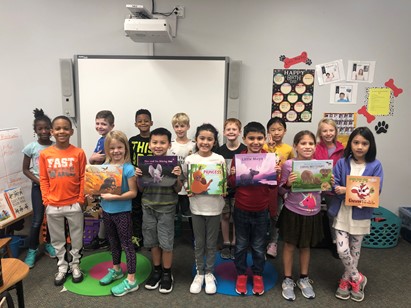
January Observances
January is Adopt a Rescued Bird Month and also has these specific observations:
- Jan 5 - National Bird Day
- Jan 10 - Save the Eagles Day
- Jan 18-19 - Bald Eagle Appreciation Days
- Jan 20 - Penguin Awareness Day
- Jan 21 - Squirrel Appreciation Day
- Jan 31 - International Zebra Day
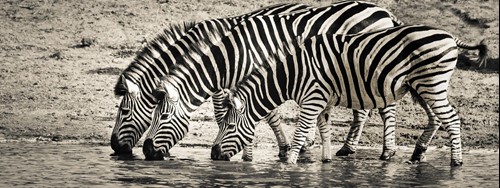
Monthly Challenge
A new year is usually a time when we take stock and decide what we can do to better ourselves in the future. If any year calls for some hindsight, then certainly 2020 is it! So why not better beyond just yourself, and help out the planet by making a simple resolution to reduce your environmental footprint? Some examples you might try:
- utilize reusable bags at the store
- donate time or resources to an organization that means something to you
- read labels to ensure products you buy are from sustainable sources
- start a garden
- ride your bike to work or errands once in a while
- use your own cup at the water cooler or coffee stand
- shorten your shower by a minute
There are so many ways to make small changes in our lives, and these habits are likely to stick around, unlike that drastic dietary change you are contemplating. Happy resolution-ing!
Animal Facts
Penguins are often depicted as cute and cuddly waddlers in an icy landscape, but they really are pretty amazing creatures. They may be awkward on land and unable to fly, but they swim like torpedos - some can swim over 20 mph, while others can dive to depths of 1,000 feet for food. Since they eat fish underwater, they often ingest sea water, so they have special glands that can filter out and excrete excess salt. Their feathers are soft and sleek for swimming, but they have many layers to keep them warm in temperatures as cold as -70F near the South Pole. There are 18 species of penguins, and about half of those are threatened by competition from fisheries, invasive species, and the effects of warming oceans.
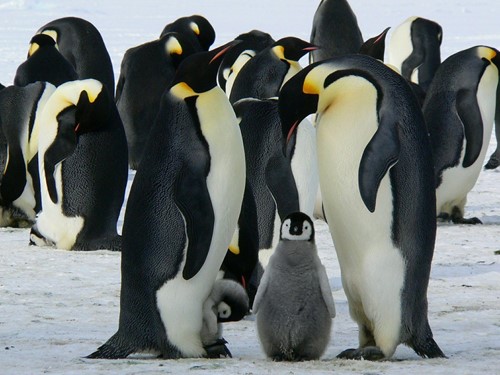
Non-Profit Highlight
The only place that most of us can see penguins, zebras, and eagles in person is at our local zoo. Zoos play a critical role in educating the public about animals that they would otherwise only see in pictures. AZA-accredited zoos expand that role to include conservation efforts through participating in species survival plans, fundraising support for global initiatives, and conducting scientific research. This is why we donate to educational camps put on by our local Tautphaus Park Zoo. We are all fascinated by animals, so why not support your local zoo's conservation efforts too?

Giveaways
If you haven't done so already, check out our Instagram page, @greenkidsclub, and our Facebook page. Those are easy ways to keep up with us throughout the month between newsletters, and you might just win something!
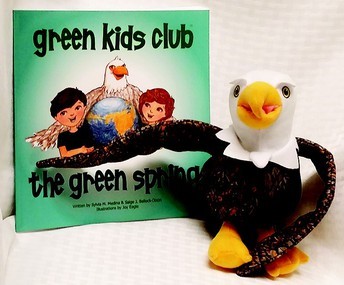
Did You Miss...
About the author
Lorielle Peterson